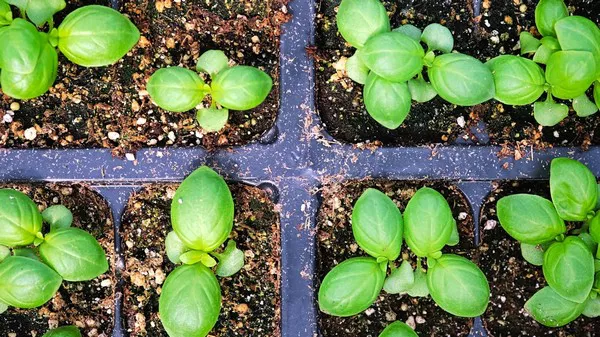Ants can be both fascinating insects and annoying pests. While they play important roles in ecosystems, their presence in flower beds can disrupt the aesthetics of your garden and potentially harm your plants. Fortunately, there are several strategies you can employ to keep ants out of your flower beds and maintain the health and beauty of your garden.
Understanding Ant Behavior
Before delving into effective methods for ant control, it’s important to understand some basics about ant behavior. Ants are social insects that live in colonies and are highly organized. They communicate primarily through pheromones, which are chemical signals that help them locate food sources and establish trails. This behavior makes them particularly efficient at finding and exploiting resources, including the nutrients found in flower beds.
1. Maintain Garden Hygiene
Keeping your flower beds clean and well-maintained is the first step in preventing ants from taking up residence. Regularly remove dead leaves, fallen flowers, and other organic debris that can provide ants with a potential food source. This will also eliminate potential nesting sites.
Prune plants and trees to ensure that they don’t come into contact with your home or other structures. Ants can use plants as bridges to access your flower beds from nearby structures.
2. Create Physical Barriers
Physical barriers can be effective in deterring ants from entering your flower beds. Mulching around plants with materials like gravel, crushed eggshells, diatomaceous earth, or even cinnamon can create a barrier that ants find difficult to traverse. Be sure to maintain these barriers regularly, as they can degrade over time.
Use ant-resistant plants in your flower beds. Certain plants, like lavender, rosemary, and marigolds, have natural properties that repel ants due to their scent or chemical makeup. Incorporating these plants into your garden can help deter ants from entering.
3. Disrupt Ant Trails
As mentioned earlier, ants use pheromone trails to navigate. By disrupting these trails, you can confuse and deter them from entering your flower beds:
Wash away existing trails using a mixture of vinegar and water. The strong scent of vinegar can disrupt pheromone trails, making it difficult for ants to find their way.
Apply natural repellents like citrus peels or essential oils along potential ant entry points. The strong scents can mask the pheromones and deter ants from coming near.
4. Seal Entry Points
Ants are adept at finding even the tiniest openings to access your garden. Inspect and seal any entry points they might be using to get into your flower beds. Caulk cracks and gaps in structures, and repair any damage to fences or garden borders.
5. Employ Ant Baits
Ant baits are an effective way to manage ant populations. Place commercial ant baits around the perimeter of your garden. These baits contain slow-acting insecticides that ants will carry back to their colonies, eventually reducing the entire population.
Homemade ant baits can also be effective. Mix boric acid or borax with a sugary substance, such as honey or sugar water. Place small amounts of this mixture near ant entry points. Remember to keep these baits out of reach of children and pets.
6. Use Natural Predators
Introducing natural predators into your garden can help keep ant populations in check. Consider attracting birds, such as sparrows and robins, that feed on insects. You can also introduce beneficial insects like ladybugs, which prey on ants and other garden pests.
7. Regular Watering and Drainage
Consistent watering of your flower beds can make them less appealing to ants. Ants are less likely to establish nests in moist soil, so maintain proper watering practices for your plants. However, be cautious not to overwater, as this can lead to other issues like root rot.
Ensure proper drainage in your flower beds. Excess moisture can attract ants and encourage them to establish nests. Amending the soil with organic matter can help improve drainage.
8. Professional Pest Control
If your ant problem persists despite your efforts, seek professional pest control services. Pest control professionals have the expertise and tools to effectively manage ant infestations without harming your plants or the environment.
Conclusion
Keeping ants out of your flower beds requires a combination of strategies that disrupt their behavior and prevent their access. By maintaining good garden hygiene, creating physical barriers, disrupting ant trails, sealing entry points, employing ant baits, using natural predators, practicing proper watering and drainage, and considering professional assistance if needed, you can enjoy a beautiful garden free from the nuisance of ant infestations. Remember that maintaining a balance between pest control and preserving the health of your garden ecosystem is key to creating a thriving outdoor space.


